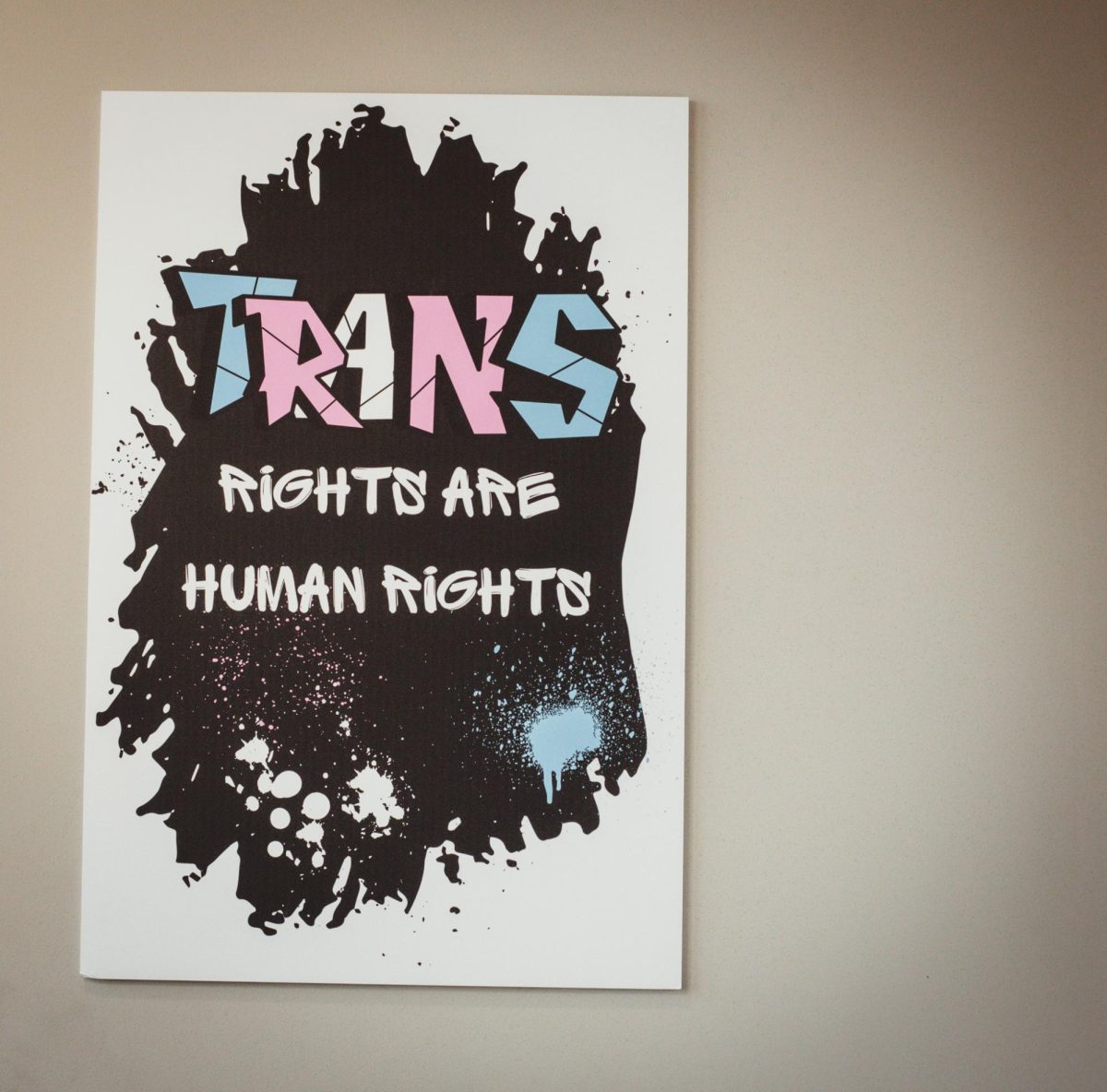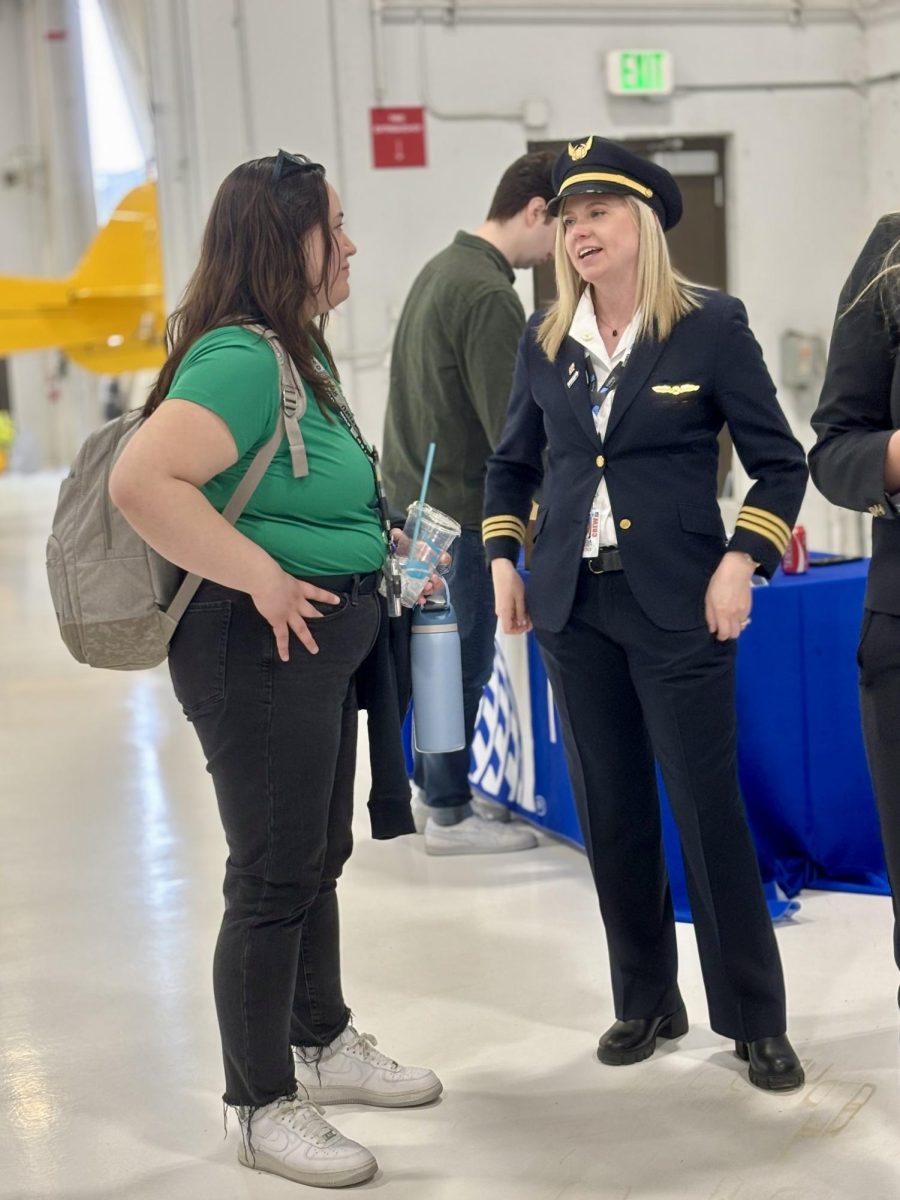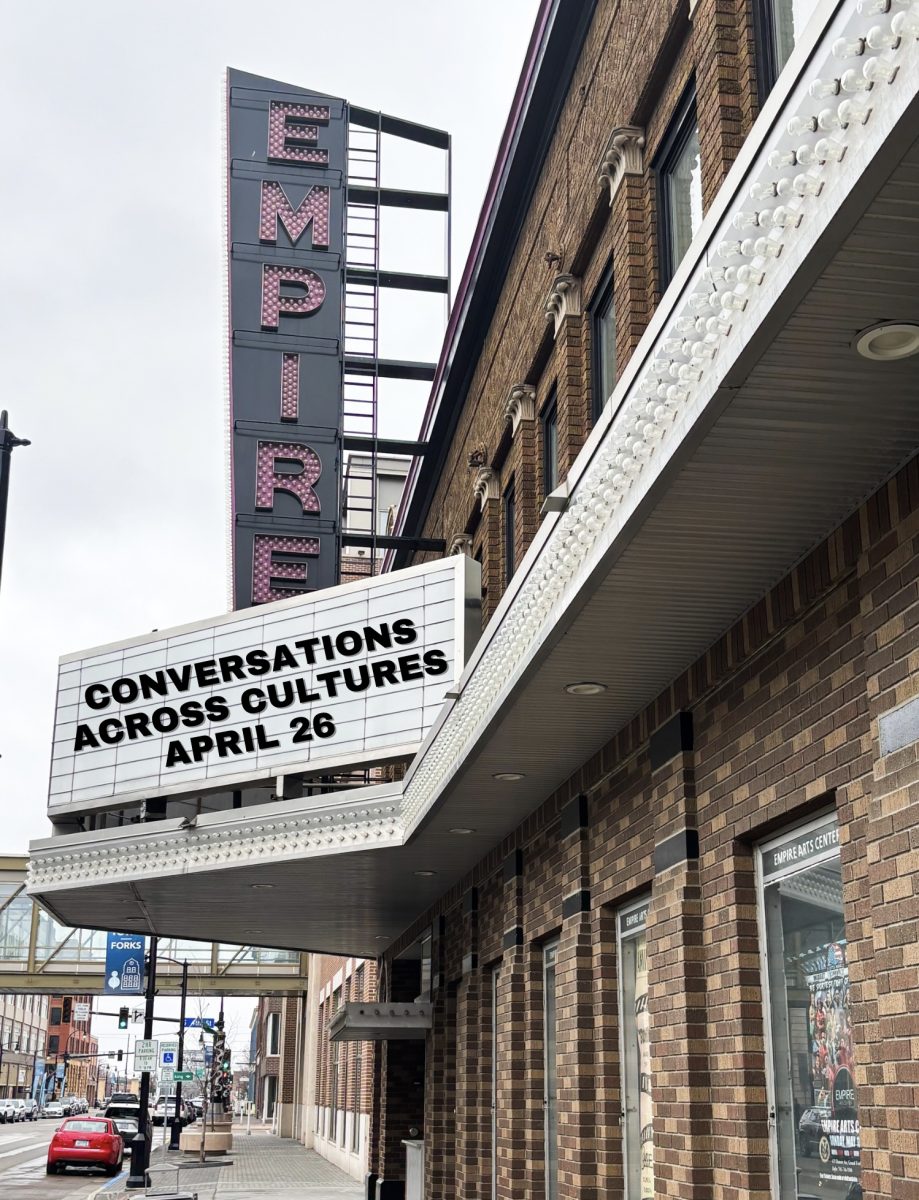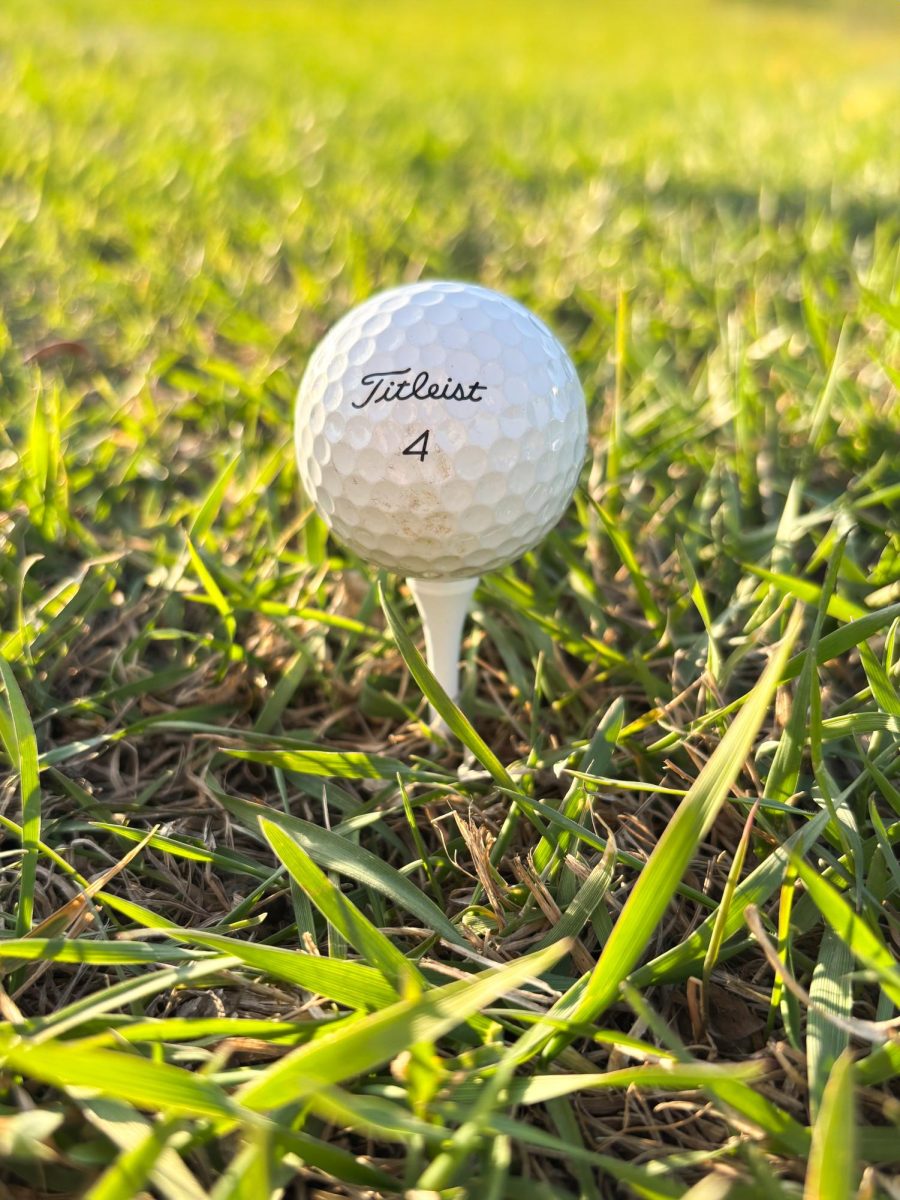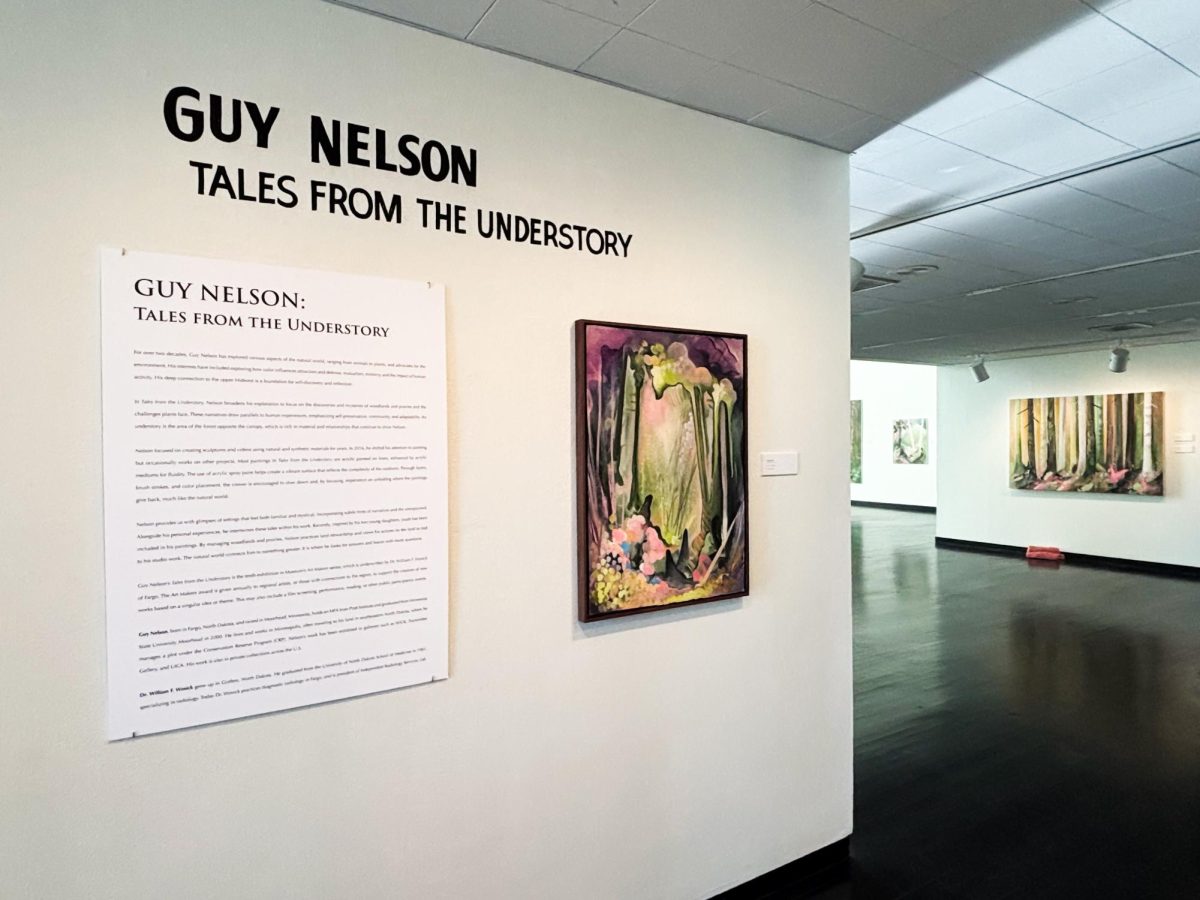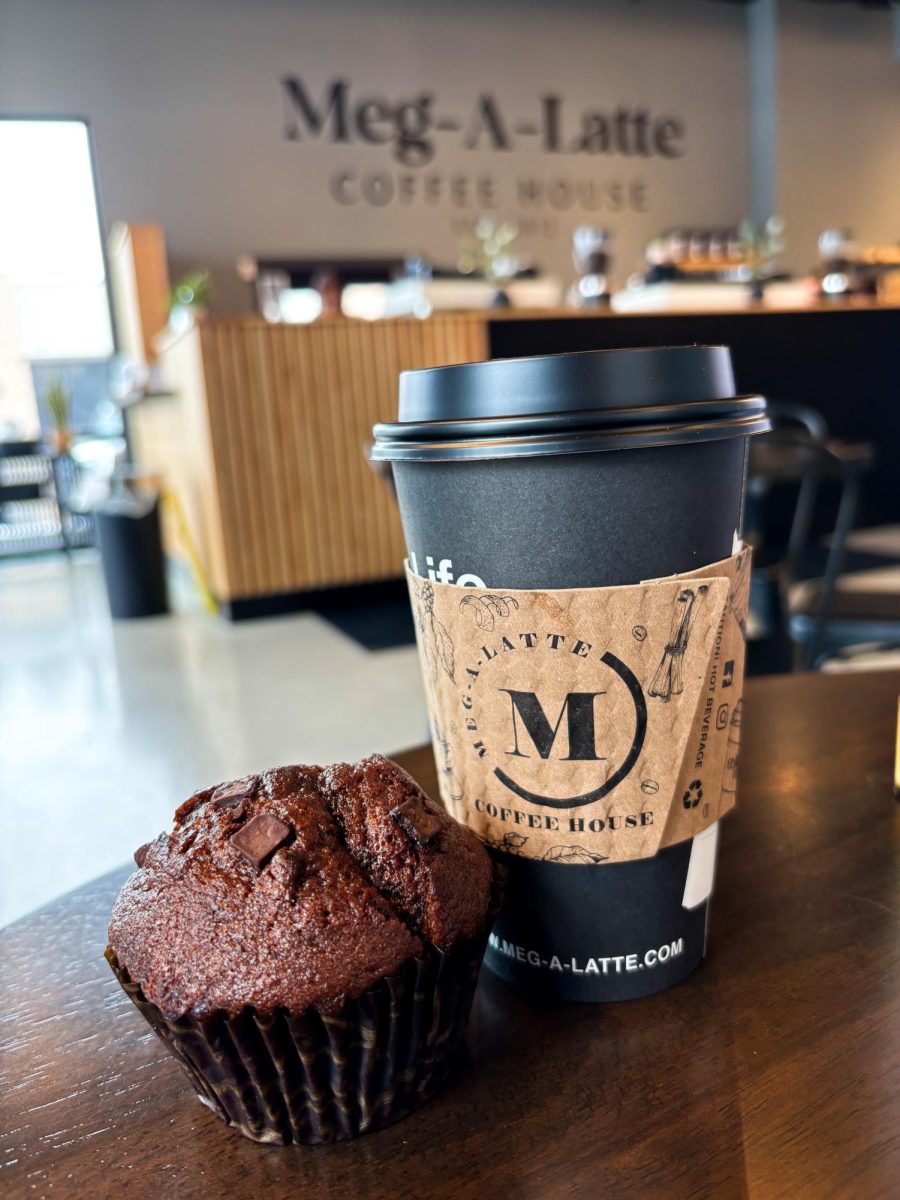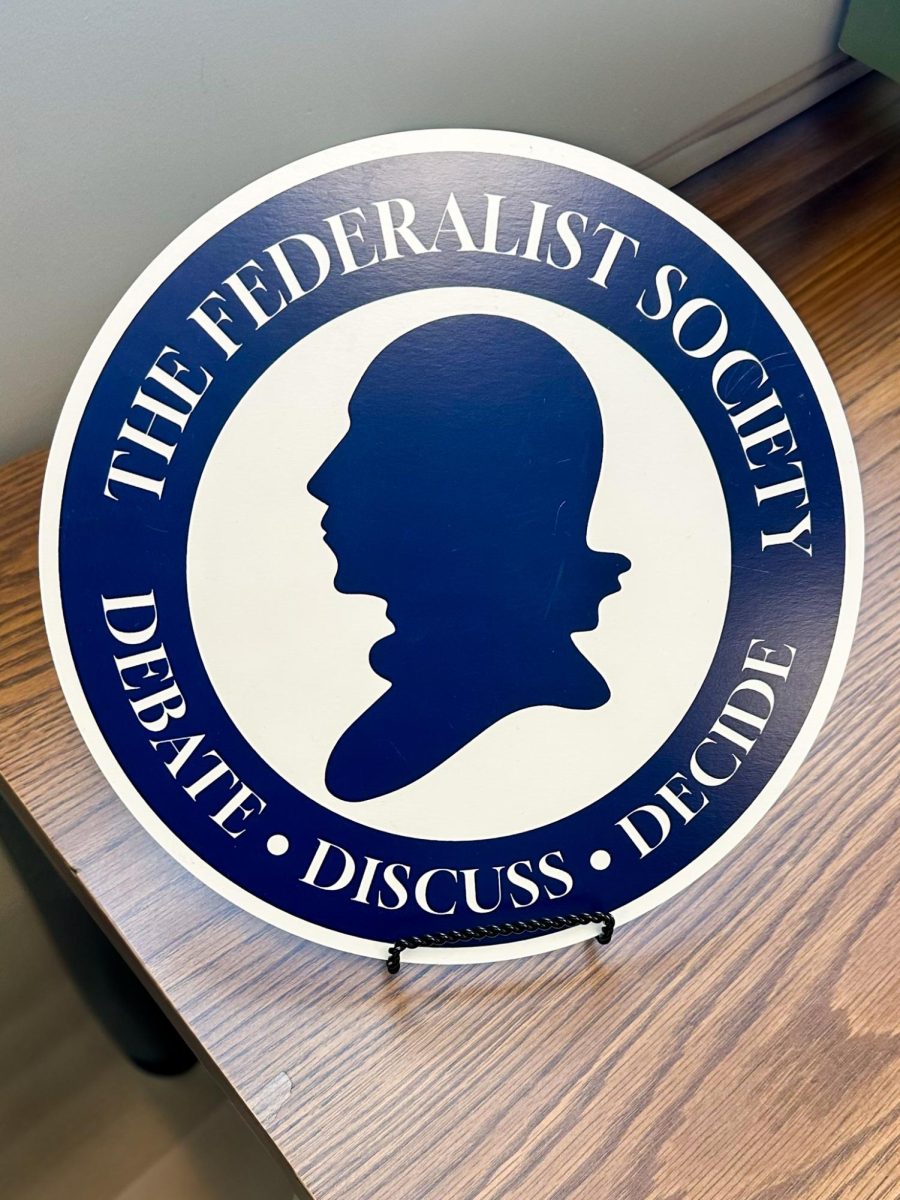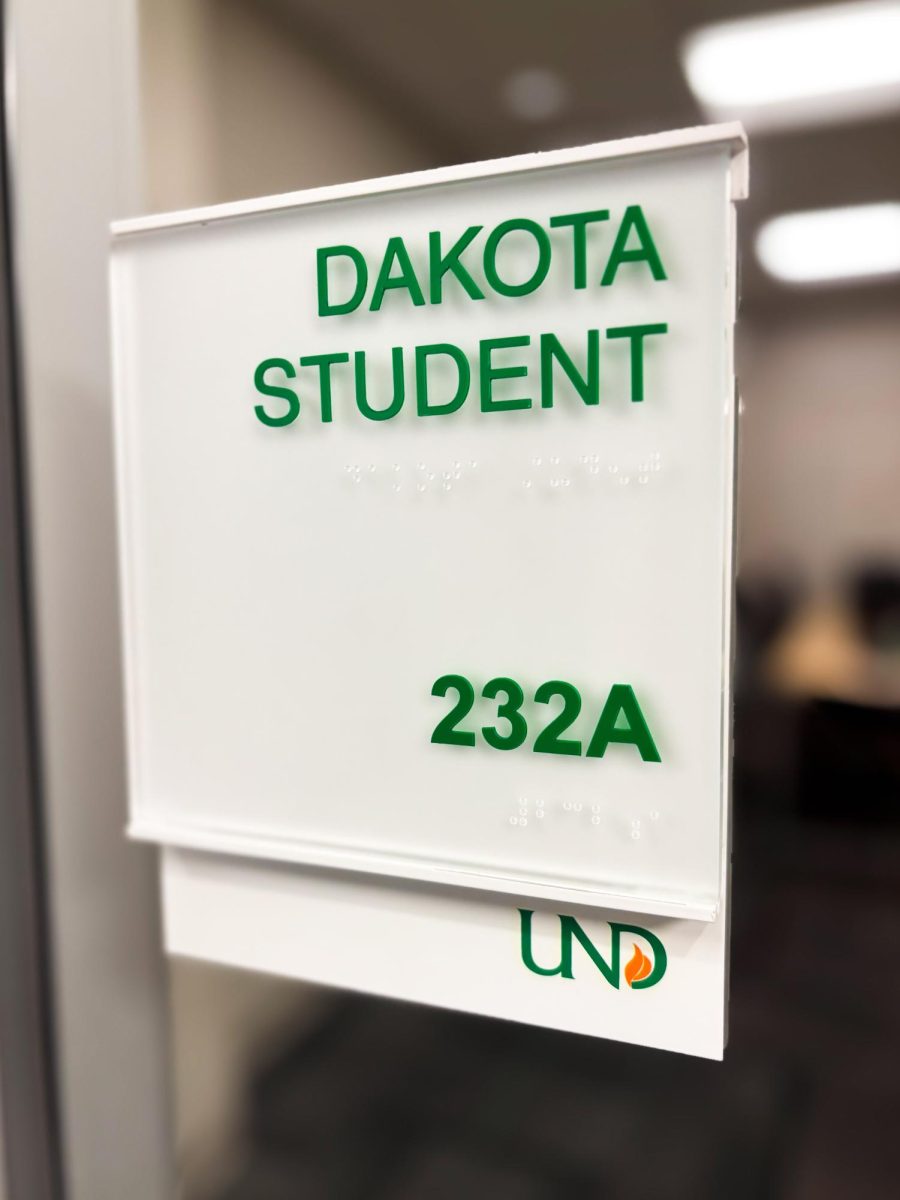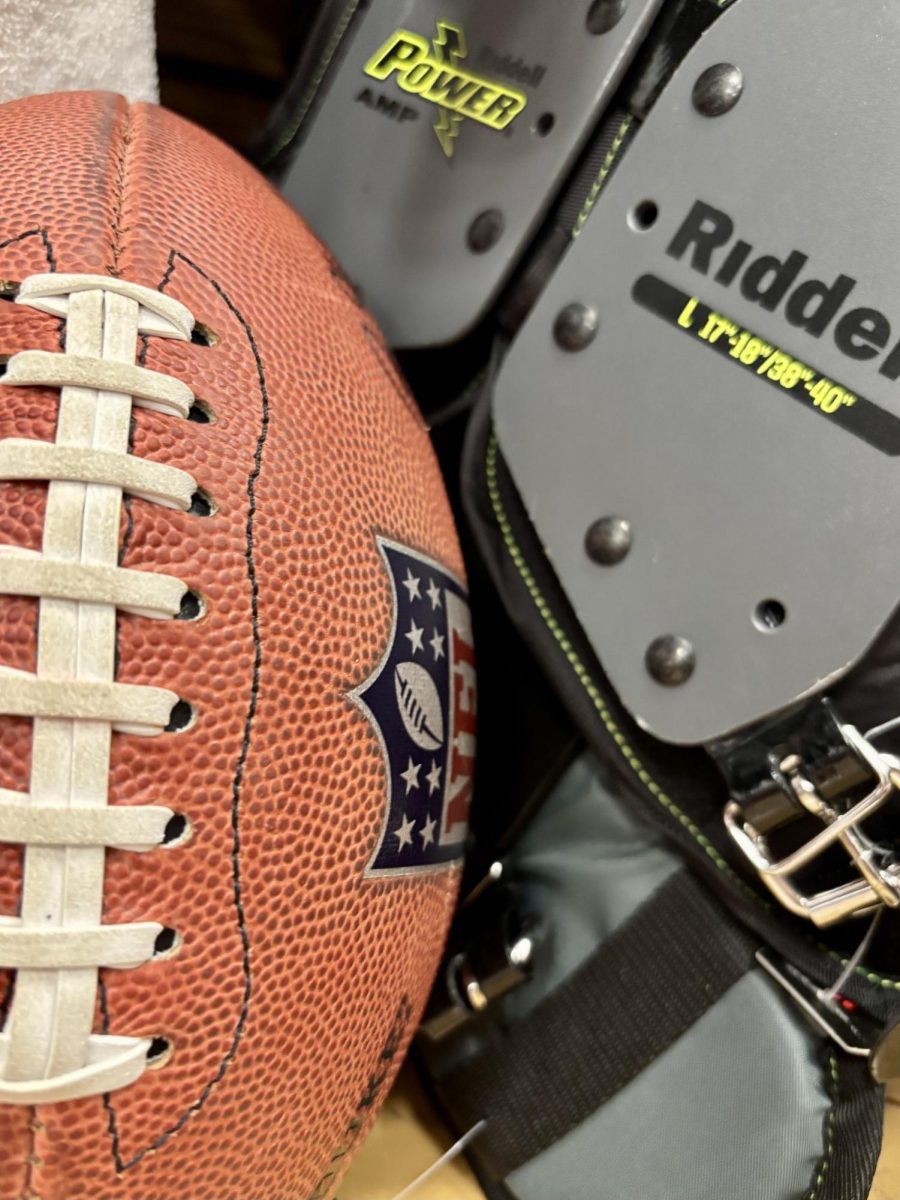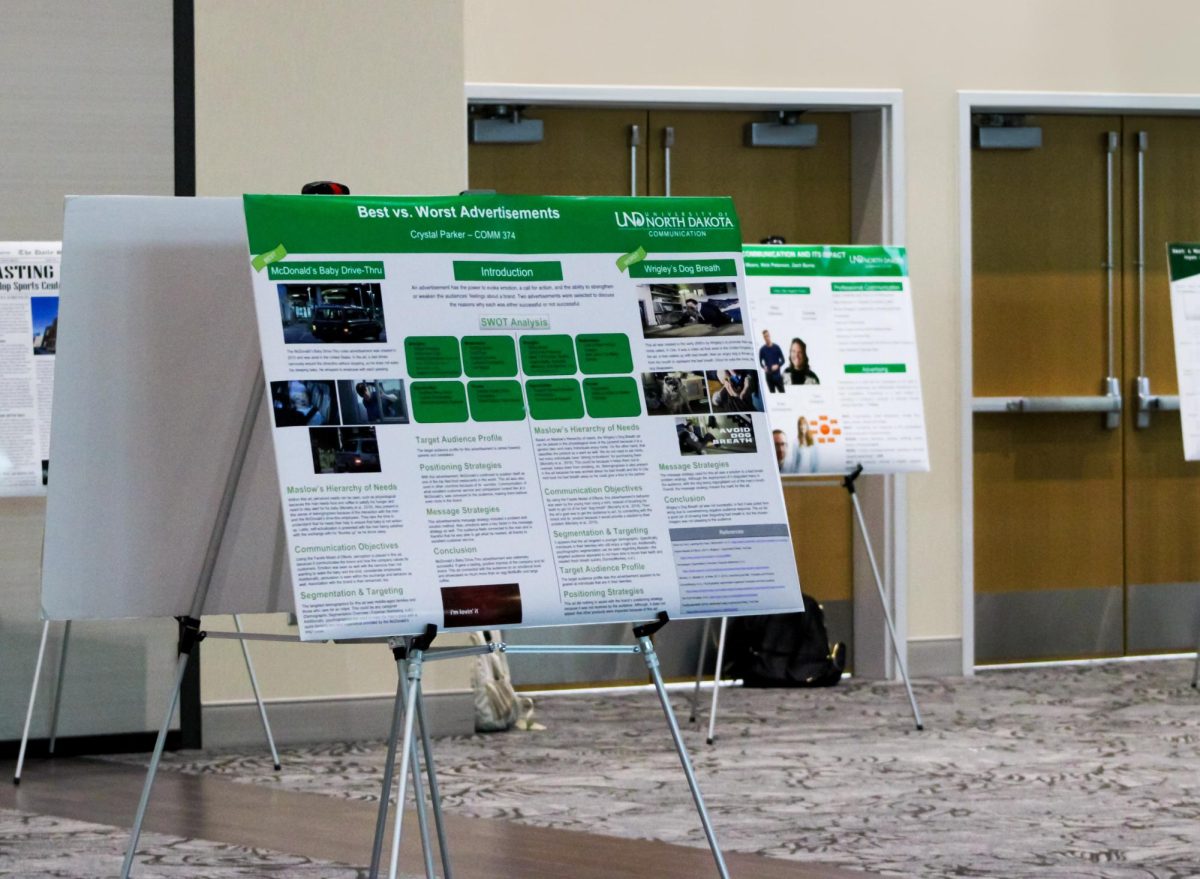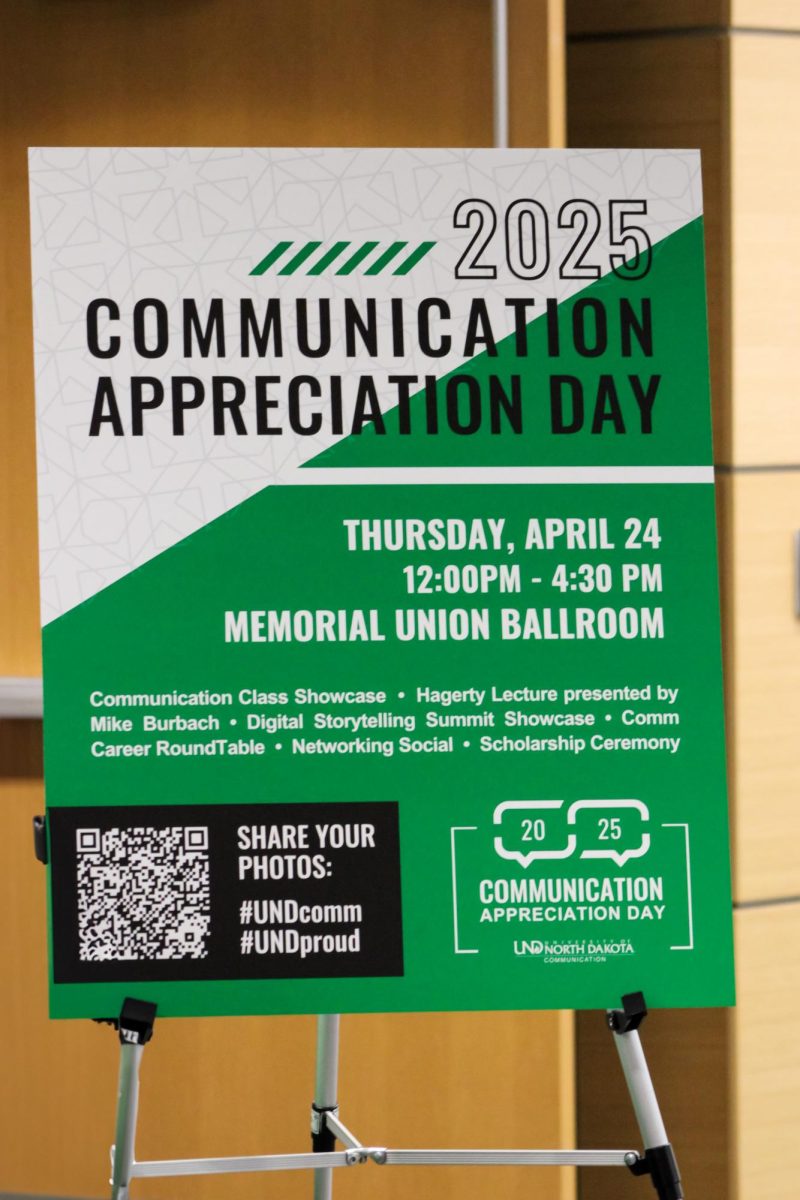The University of North Dakota is historically first in many ways. UND’s Pride Center housed in the Memorial Union is the first university pride center in the state. Not only does UND’s Pride Center have its own space, but it also has full time staff that are dedicated to supporting and educating students, staff, and faculty. UND’s Pride Center is an on-campus resource that showcases the University’s dedication to its students. I was able to sit down with the director of the Pride Center, Dr. Jeff Maliskey, and discuss with him the many programs associated with the center.
First things first, what is the Pride Center?
“The Pride Center is a support services department on campus. So it is very similar to what you see with student diversity inclusion or the international center. The Pride Center really focuses on gender and sexuality. So, supporting predominantly LGBTQ+ students, but it is a space for everybody to come and utilize. Services could look like, say someone is exploring their identity and they don’t know where to go or they have questions, they can come in and work with the staff or myself. We’ll talk to them and just be there to support and get them connected to different resources that they may or may not need. A lot of what we do is about creating a sense of belonging on campus. So, lots of fun activities and events and social things throughout the year. Then the last piece of what this center does is around education. Providing student organizations, classroom academic programs, anybody in general that’s looking for more information about gender and sexuality and providing a variety of professional development learning opportunities.”
Would you say that your resources are split pretty 50/50 between student support and educational resources?
“I would like to think that. A 100/100 is more like what it is; I try to keep a balance. We are a small staff, so I think that’s a part of the challenge is how do we prioritize needs that will come first. And I think first and foremost, I’m here for students. So, making sure that I’m all, my energy is really going towards helping students succeed, whether it be in their personal lives or in their academic lives. And the next step would be more of like the education type stuff with like faculty and staff or other students and how do we create more of an inclusive campus environment.”
What are some unique struggles that LGBTQ+ students have when dealing with education? Not just concerning feeling social acceptance on campus, but struggles in the classroom specifically?
“I think it kind of goes hand in hand, because the social aspect impacts what happens in the classroom too. How are you treated in the class? When people know about your identity, do they want to engage in group work with you, or are they welcoming and want to include you? I think the same goes for faculty. Say someone’s misgendering a student using the wrong pronouns or using the wrong name repeatedly, how is the faculty or the professor or the instructor addressing that? And we know that is a reality, not just here at UND, but across the nation. As we see that as how people are being set up to succeed in the classroom. And that doesn’t always happen. And I think that’s one of the biggest challenges that we continue to see in the academic realm. More so around gender identity not being validated in the classroom or learning about different forms of curriculum where you don’t see yourself included in the course content. So how does that make you want to continue to learn in this space? I think those are some of the challenges that we continue to see in the academic realm of how we are building inclusive curriculum and pedagogy and practices, especially in terms of gender identity and sexuality, but then intersecting identities of race, disability, et cetera as well.”
Does UND have any classes that are focused on LGBTQ+ identities or history?
“We don’t have an LGBTQ+ minor or major program at UND. Other universities, typically larger ones, you’ll see an LGBTQ studies program. I know the women and gender studies program have some courses embedded in, or they cover topics. And there’s a few English classes as well that integrate topics, but not one that’s specifically designed around LGBTQ course content. I think that’s what I’m trying to do. How are we creating other opportunities for learning? A prime example of that is every year I’m working within the School of Medicine and Health Sciences, working with their MD students. I’m meeting with them about how do you build a queer and trans inclusive practice in medicine? We’re building those types of connections. I think it’s popping up in the law school which has some classes as well. We’re starting to branch into athletics with their UNIV 101 courses and their Hawk Academy programs. We’re starting to bridge some of those gaps with academic programs, but no true courses or programs yet.”
North Dakota has had some harsh laws passed recently, have they affected how you function at the university level?
“No, I don’t think that’s really what it is. Yes, we have to abide by law, but right now the legislation as it is written is more targeted towards K-12. There are some pieces that are impacting higher education, but at the end of the day, it’s not impacting my work and I say “yet.” Looking at trends of what’s going on across the nation, I think a prime example right now is Texas, where they have just defunded a lot of their diversity equity inclusion centers, which is inclusive of LGBTQ+ resource centers. So now students in those institutions no longer have a space where they can feel like they belong or seek support services. And what does that mean for staff that once held those positions? Now it’s like workforce development impact. So, it has a trickle-down effect, but I think right now I’m going to continue to do what I do until someone says I can’t.”
I know that a lot of people who are at either UND or NDSU are North Dakota natives, do you think that new students coming in that have been affected by these K-12 laws are going to have new issues or new struggles?
“I think we’ll continue to see with the current trends in our society when it comes to the political social aspect of identity. I think the biggest one, as they integrate into university life, creates higher anxiety around social opposition. Because a lot of the negative rhetoric that these different forms of legislation have created is fear tactics, and, and it’s going to have an impact in people. I think one of the concerns that we have right now is that they are even going to want to stay in North Dakota? What does that mean for enrollment at a lot of the institutions in the state? And it’s tricky because in-state tuition’s important; people want to pay in state, they don’t necessarily want to pay out of state. But if you don’t feel welcome or feel seen or valid, why would you want to continue to play, be in a place where you’re not going to thrive or not be able to succeed. So it is an interesting deal. I’d be curious to know if we are going to see an increase in enrollment of queer and trans individuals or are we going to see more of an exodus where other states are going to see those increases that have more protections and are passing forms of legislation and bills and policies that are inclusive. I think we’re already seeing that in some of those states.”
I saw on your website you are having a workshop for queer and trans resumes, is that something you do with Career Services?
“Absolutely, it is a partnership I started a couple years ago as we worked with some students, especially with trans and non-binary students and looking at like, how do I protect myself in interviewing processes. Also protecting myself on my resume or in cover letters or maybe I want people to know about my identity front so it’s not awkward in interviews. A lot of these things came back before 2020 when we started this relationship, before Covid too. But there’s also a time when you could be legally discriminated against for being LGBTQ in the workplace. In North Dakota for example, there were no protections. If someone found out that you’re gay or trans, you could be fired at will, but go next door to Minnesota, it’s a very different experience where you would have protection. Then the federal laws that went into play with the existing civil rights law by the Supreme Court in 2020, so it was created out of a necessity. Now I have kind of built it into how I talk about my experiences and talk about some of the diversity and inclusion equity initiatives as I think employers are looking for now.”
Could you tell me more about the LGBTQ+ Higher Education Day Long Institute?
“That’s brand new. A couple years ago we had a partnership with some colleagues at NDSU and Mayville State, and it was the Great Plains Affirming Campus conference. It was a smaller conference and it really brought in a wide variety of queer topics and just in general, which was great. It was a great opportunity for students, faculty, and staff to attend, and it rotated between NDSU then it was at Mayville, and we were the last to host it. That would’ve been around 2018 or 2019. Staffing changes and it kind of fell apart, but what we recognize is that there truly is a need for talking about LGBTQ+ issues in higher education, especially in this region. UND is the only institution that has a pride center or a physical space that is staffed with a full-time staff. I think NDSU has a resource space, but they don’t have a full-time employee who has like LGBTQ in their title or gender sexuality. No other institution has that either in our state or even broadly in our region, excluding the twin cities areas. So how do we spread our knowledge of what we’re doing and some of our initiatives so some of our colleagues at other institutions can use them? Focusing on what is the state of affairs on queer and trans higher education, looking at things like pedagogy and practice in the classroom, what initiatives we have, academic initiatives, belonging initiatives, you name it. We’re doing research, retention, all of it. It’s a great opportunity to bring some of the colleagues that are doing a little bit of the work, but not in the capacity like I have here in the Pride Center. Taking some of the knowledge that I have as I sit on the board for the consortium of higher ed, LGBTQ, resource professionals, so hopefully this conference brings everyone together to really start thinking more critically about what we have to offer.”
Is it only open to North Dakota, South Dakota, and Minnesota?
“Nope. Everybody. I know some people from Iowa that will be coming. It is going to be a more regionally based conference just because of the proximity and stuff, but it’s free and it’s open to faculty, staff, students, and everyone who wants to further their education. The morning will feature keynote speakers and then there’ll be like three presentation sessions. They have like three programs in each of those for people to pick and choose what they want to attend.”
Could you tell me more about Lavender Graduation?
“Lavendar Graduation is a recognition, so it’s not necessarily a graduation. It’s a space to recognize academic achievement within the queer trans community. It really started in the 80’s or 90’s, but Dr. Ronni Sanlo started it at the University of Michigan. She was an out lesbian and was denied the opportunity to attend the graduation of her own kids because of her identity. She’s like, “wow, if this happened to me, how many other people have had this experience?” So, she created Lavender Graduation to recognize students that have endured and struggled. At the time there was a lot of like anti-LGBTQ+ legislation. LGBTQ+ people didn’t have rights. The fact that you were able to get a degree and graduate like that was a huge accomplishment. That was kind of how it was born. 250 plus institutions across the nation have now implemented Lavender Graduations and we’ve been one of them. I think that’s a really cool story that we get to be part of and that history. But when we started it, we only had like one student and then it was five students. This last one was at 25 to 27. I don’t know the exact numbers, but that’s pretty awesome. It was the largest Lavender Graduation that we had. So, it just goes to show that, uh, students are becoming more comfortable and being out on campus and are willing to participate in large activities.”
UND’s Pride Center is doing vital and ground-breaking work every single day. It is a huge privilege to have a center on campus that continues to support and educate our campus members. The Pride Center will continue to hold many fun events throughout the semester. Those will be advertised around campus and also on the university webpage. Another great way to keep up with the center is by subscribing to their quarterly newsletter.
Aubrey Roemmich is a Dakota Student Section Editor. She can be reached at aubrey.roemmich@und.edu.


